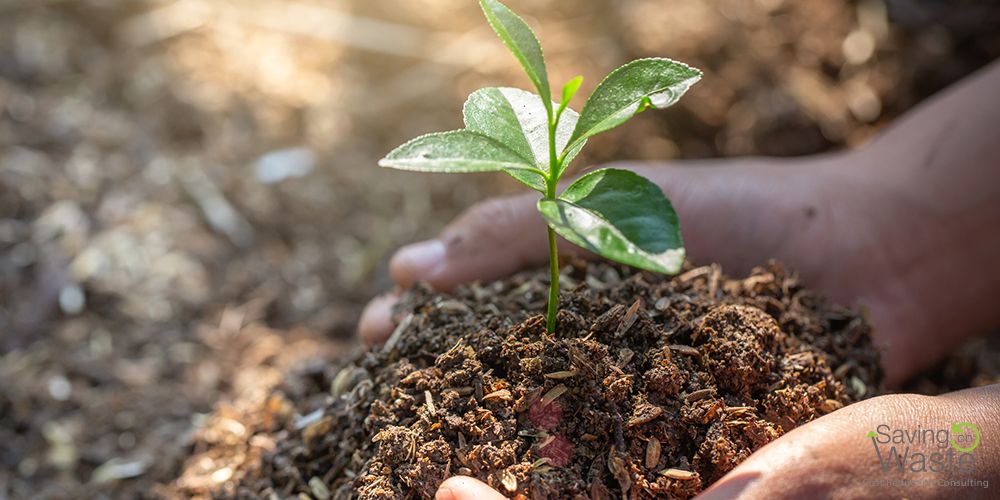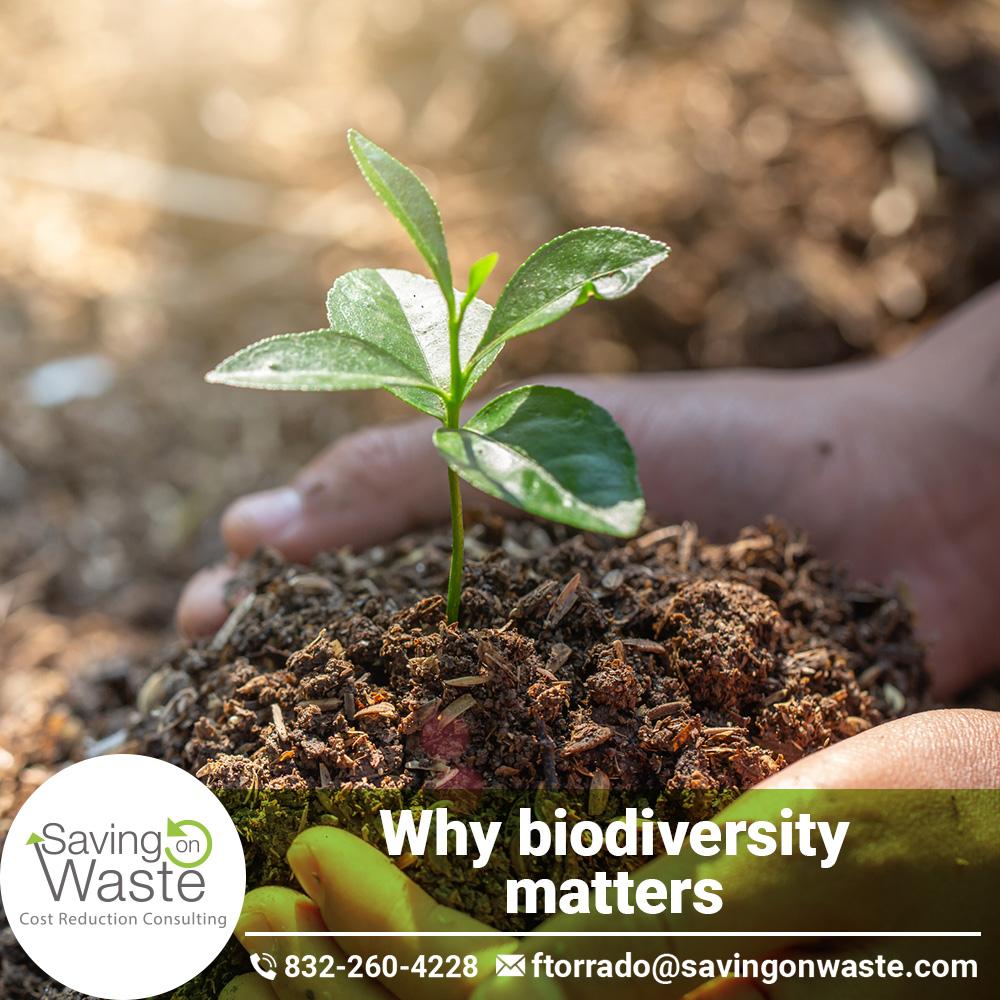
Why biodiversity matters
In 1845, Belgian farmers discovered, too late, that a load of seed potatoes they had bought from America was contaminated with Phytophthora infestans, a Mexican fungus that had recently spread northwards. The blight caused by P. infestans rapidly spread from Belgium all over the continent, triggering the European potato famine.
In Ireland, 1 million people out of a population of 8 million died of starvation and its side-effects, and another million emigrated. Social, economic and political reasons help explain why the country was so badly affected, but the main cause was that a third of the population was entirely dependent on the potato for food.
The Irish famine is a stark lesson in what happens when monoculture goes wrong, and why the resilience biodiversity brings is important to agriculture. But as we celebrate International Biodiversity Day, the outlook is not very encouraging. Around 12% of birds, 25% of mammals, and at least 32% of amphibians are threatened with extinction over the next century. Humans may have increased the rate of global extinctions by up to 1000 times the “natural” rate typical of Earth’s long-term history.
Plants used for food have been hard hit. Although humans ate around 10,000 plant species in the past, today’s diet is based on just over 100 plant species, a dozen of which represent 80% of human consumption, and four of which (rice, wheat, maize and potatoes) provide more than half of our energy requirements.
China has lost 90% of the wheat varieties it had 60 years ago. The US has lost over 90% of the fruit tree and vegetable varieties it had at the start of the 20th century. Mexico has lost 80% of its corn varieties, India 90% of its rice varieties. In Spain, the number of melon varieties has gone down from nearly 400 in the early 1970s to a dozen.
Biodiversity in itself is not the key to the production, recycling and other services ecosystems provide. What matters is the abundance of the species that are critical in maintaining habitat stability and providing those services. At a local scale, the loss of a species may have an adverse impact on ecosystem services, even if that species is not threatened globally.
In OECD countries agricultural land is a major primary habitat for certain populations of wild species, particularly certain species of birds and insects, in particular butterflies. For nearly all OECD countries, agricultural land area has decreased since the 1990s. Farmland has been converted to use for forestry and urban development, with much smaller areas converted to wetlands and other land uses. While little quantitative information about the biodiversity implications of converting farmland to forestry is available, the high rates of clearance of native vegetation for agricultural use in some countries are damaging biodiversity.
Biodiversity loss can have significant economic costs, but often they are indirect and longer term, while the benefits of the action that causes the loss are more immediate and measurable. For example, clearing mangroves to make room for shrimp farms raises incomes, but mangroves are important natural coastal defences, and the new farms, and the land behind them, are then exposed to destructive flooding that climate change could make even worse.
Most ecosystem services are externalities, meaning their benefits are not bought and sold commercially. This makes it hard to use market mechanisms to protect biodiversity, and governments have to take the lead. Most OECD countries and many others have implemented conservation programmes designed to protect and enhance the populations of endangered livestock breeds, and the number of breeds included under these programmes is increasing. Greater efforts are underway to conserve plant genetic resources useful for crop improvement.
There are also some multilateral initiatives to address biodiversity issues, including the International Treaty on Plant Genetic Resources for Food and Agriculture, also known as the International Seed Treaty. This is a comprehensive international agreement in harmony with Convention on Biological Diversity, designed to guarantee food security through the conservation, exchange and sustainable use of the world’s plant genetic resources for food and agriculture, as well as the fair and equitable benefit sharing arising from its use.
Could a tragedy similar to the Irish famine happen again? Traditional threats to crop production are either acute and of relatively short duration, such as extreme weather events. Chronic threats such as desertification or urban sprawl develop slowly. Strategies for dealing with these exist or are being developed. However, a new disease affecting a major food crop (such as rice), that appeared suddenly, spread easily and resisted known treatments could pose a serious threat if it persisted over a few growing seasons. New viruses and other pathogens appear all the time spontaneously. The vast majority of them die out immediately. Occasionally though, a strain that may have been around for centuries mutates and takes advantage of present day conditions. This is probably what HIV did, and as we discussed last week, recent years have seen the sudden emergence of potentially catastrophic viruses.
Lack of alternatives to infected species and the high mobility of people and goods enabled the 19th century potato blight to spread, and both of these factors are much stronger today.
Source: oecdinsights
Saving on Waste is a cost reduction consultant company. Our main office is in Houston, TX but we can work in all of The United States. We would work for you, the client, and always have in mind your needs and try to maximize savings.

Best Trash Collection In Houston
Waste Hauler in Houston TX, Waste Collections in Houston TX, Waste Consultant, Trash Services, Trash Collection, Trash Pickup Services, Trash Reduction, Dumpster Collection ServicesSaving on Waste

